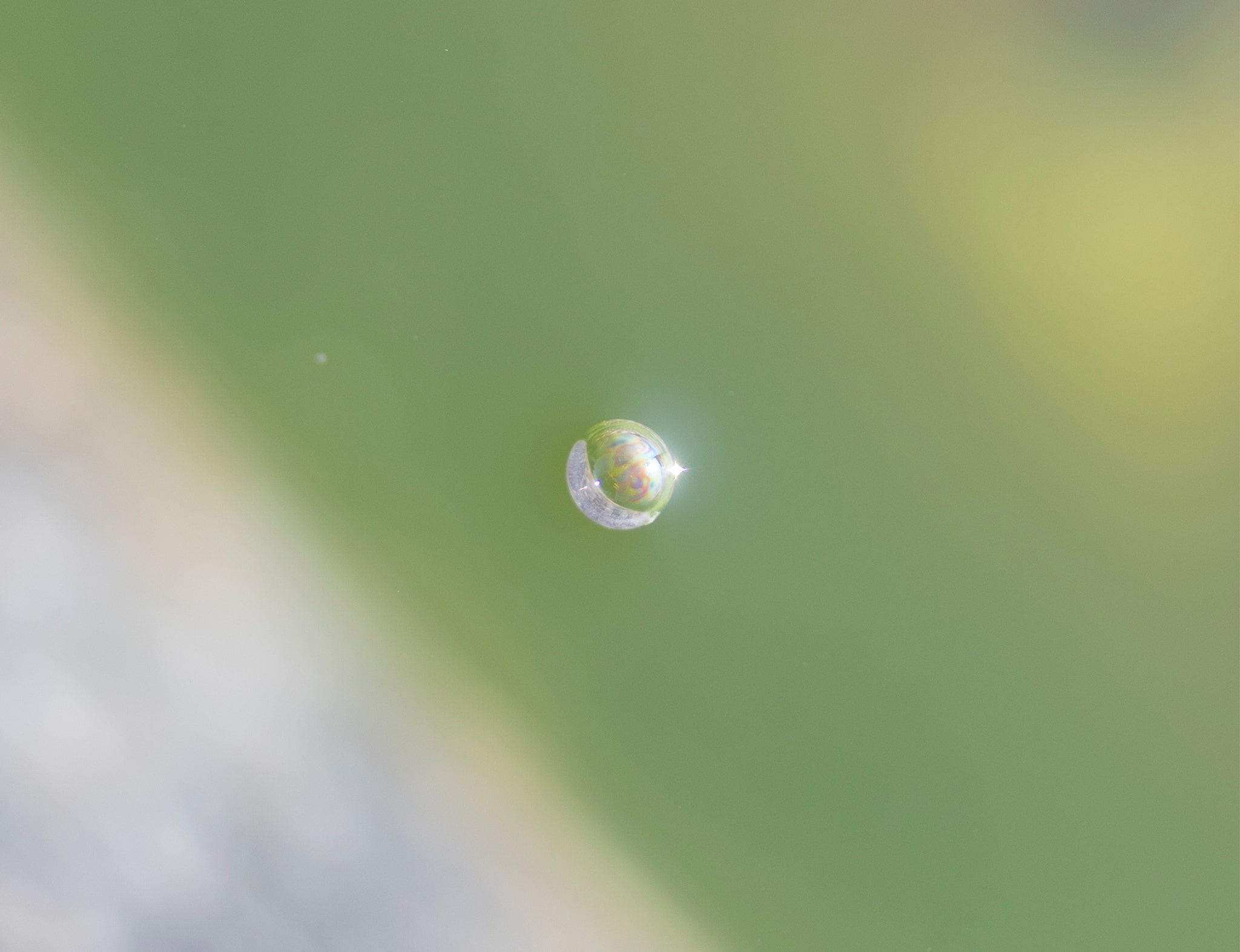
The eyes are interpreting the language of light, and in the flowing river, I begin to see the faces of people I loved. I do not recognise them, not in any human ways, but I do know how I felt in their presence: the feeling of being safe, seen and understood. Is this how nature speaks?
We are drawn to the familiar. Our bodies want, need and recognise the silence of silhouettes, the still movements and the secret communion between self and the other. It is from this invisible intimacy that the flesh gets the strength to draw one breath after another. Perhaps, this is the distance between two heartbeats, between the past and the present, and between humans and nature.
When I cannot carry the weight of the world on my animal body, I return to nature. When I hear the bird in flight and watch the sun playing hide and seek with the clouds, scattering light in a secret geometry, I feel healed. These moments, where our mind can wander and reflect in the presence of the undemanding beauty of nature, are known as ‘soft fascinations’, a term coined by environmental psychologists Rachel and Stephen Kaplan.
Our bodies evolved to experience awe. Perhaps it serves a biological function. Recent studies are discovering how nature heals the body, from improving the immune system to increasing healthy bacteria in our skin and taking care of our psychological needs to rest and recover.
Nature also reduces our pain. In an experiment by the University of Exeter and the University of Vienna, participants received minor electric shocks while viewing videos of nature and urban areas. Those who viewed nature experienced less pain. Our ancestors evolved, looking at nature, seeing the sunlight passing through leaves, and unconsciously finding symmetry in seeds and shells. Perhaps when we find harmony in self-repeating patterns of the natural world, we internalise it.
From branches of the trees, rivers, and lightning that strikes the sky to our veins, fractals are everywhere. We ourselves are self-repeating patterns, coming to flesh in the natural world. In his research Physicist Richard Taylor found out that observing fractals can reduce mental fatigue and stress by 60% and our brain only needs 50 milliseconds to recognise them.
But what happens when eyes evolved to find peace in nature witness the soil eroding, the glaciers diminishing, the forests on fire and the sky turning grey from smoke? If we can internalise the harmony of the natural world, do we also internalise its destruction?
When I find myself ruminating, I face the sky, touch the grass and listen to the bees. In these moments, I feel truly held, almost like being held by someone you love. I forget what I have learnt about time and years and all the numbers we are taught to measure ourselves with. I forget the screen that constantly demands my attention. I forget all the have-nots and my to-do list. Perhaps surrender doesn’t have to be a grand gesture; it could be found everytime we lift our eyes from the screen and gaze at nature, at one another, at faces and bodies made of fractals.
How to practice soft fascination:
- Go for a walk without your phone. Notice the flowers leaning toward the light, the sound of birds, and the far horizon. Let your attention wander.
- Embrace texture. Feel the fur of your animal companion, the softness of your own skin, and the details of leaves on your fingers.
- Bring nature to you. Listen to recordings of wind or water while you work. Watch new leaves unfurl on your houseplants.
- Observe light and movement. Trace the slow passage of sunlight across your room, or follow raindrops as they trickle down the window.
- Awaken your sense of smell. Notice the natural scents already around you: earth after rain, wood and herbs.




